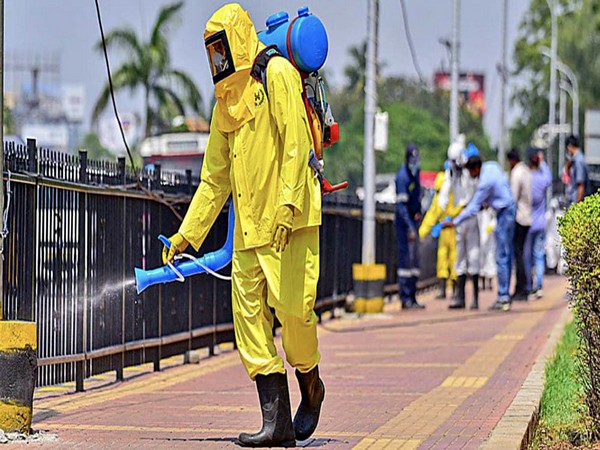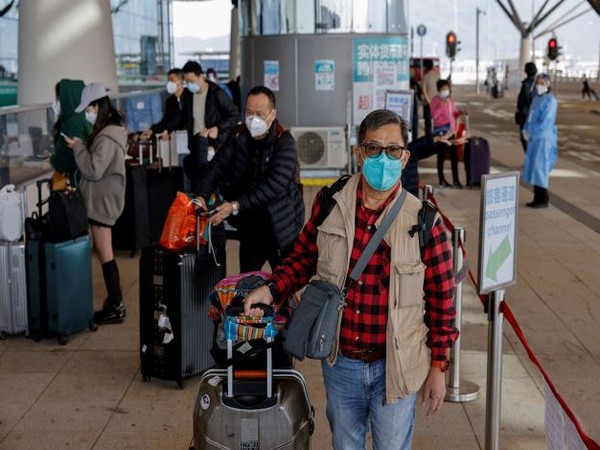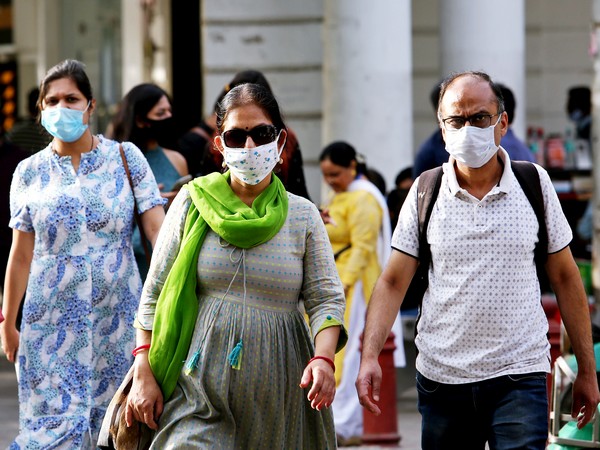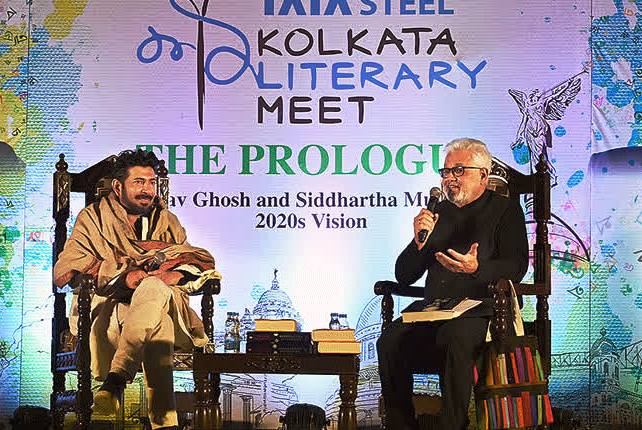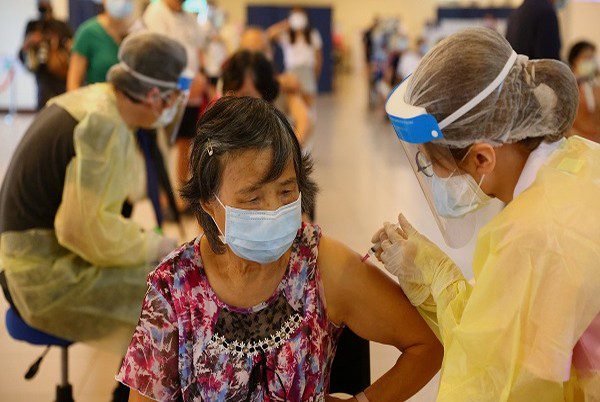Come winter, the major Indian cities and also the ones in tier two and three categories start hosting literature festivals (lit fests) and book fairs. The promoters of such increasingly popular events will go to great lengths to mobilise funds, mainly by way of securing sponsorships from corporate houses and ensure participation of eminent authors from within and outside the country. And they are succeeding in the pursuit, helped in no small way by the country living behind the Covid-19 pandemic scare and business sentiment improving. In fact, in the post pandemic period anticipating the awakened interest in how to fight diseases of many kinds, including cancer, which alone according to World Health Organisation caused 10 million deaths globally in 2020, Lit Fest organisers are inviting doctors and medical specialists who are also authors to hold sessions.
Take cancer physician, researcher and author Siddhartha Mukherjee whose book The Emperor of All Maladies: A Biography of Cancer won him the 2011 Pulitzer Prize in general non-fiction. Mukherjee made his maiden appearance at the recently held Tata Lit Fest in Calcutta, also known as Kalam. His appearance in the city in a conversation with author, anthropologist Amitav Ghosh (author of The Circle of Reason, The Hungry Tide, The Ibis Trilogy, etcetera) discussing subjects ranging from viruses, vaccine invention, globalisation and what science is and what science does became a rarely experienced event. Who will know it better than Tatas that venue matters a lot in Lit Fest. The Mukherjee-Ghosh animated long conversation was held at Alipore Jail with rich history related to the freedom movement, now thoughtfully converted into a museum. If this was the prologue, the other Tata Lit Fest sessions were held in the open at Victoria Memorial.
Mukherjee took the audience by surprise with his bold statement: “To some extent, Western medicine which I practise and believe in, has driven itself to the ground by becoming a client of the pharma industry.” The operational opaqueness of pharma giants and their earning incredibly large profits without sparing a thought for non-affordability of many medicines by large sections of the world population are widely known but very few of practitioners of Western medicine will have the courage to spill the bean in the open like Mukherjee. He also said that vaccines were discovered in China and the knowledge thus gained travelled through India, West Asia to the West, dispelling the myth that vaccines were a gift to the mankind from the West. People who jammed the once jailhouse hall heard him defining science. “Science, when done rightly, is a system to obtain knowledge. People think the emphasis should be on knowledge. But in fact, the emphasis should be on the system.”
A few sessions like that will be the recipe for a meaningful lit fest. Some authors will take advantage of launching her/his new book at a fest. Like with Mukherjee’s new book The Song of the Cell (Penguin Allen Lane) launched at Kalam and then some days later became the subject of discussion at the Indian Express Adda in New Delhi. A distinguishing feature of lit fests in different Indian cities is their evolving constantly going well beyond pure literature to include subjects such as cinema and literature, music, food, environment and equal rights for LGBTIQ persons.
You and your companion may have a cookbook or two in the shelf. The books may have been read. Even then it is not unlikely that the recipes there haven’t been explored in the kitchen. But cookbooks remain enduringly popular all over the world and they continue to sell in millions. What inspires chefs, some with Cordon Bleu recognition, and culinary experts to write books on food? Margaret Fulton (1924-2019), the Scottish born Australian food writer whose books sold in millions, used to say: “Once you discover something truly magical as well as practical, it’s impossible not to want to share that with people who you can see could really use the help.” Is that too driving the Nobel-winning economist Abhijit Banerjee to write about food that he has tasted in different parts of the world, particularly in India and the US? He now has a monthly column on food in Times of India.
But who could expect till the owners of Jugal’s chain of sweetmeat shops in Calcutta decided to hold a two-day “literary fest on mishiti (Bengali for sweet) in the world but also the first ever literary fest on food,” in this city of joy that such a niche event is possible! Alongside the major lit fests, little fests focussing on vernacular literature, women’s writing and rainbow writing are rapidly gaining in traction. Yet another interesting development is book fairs becoming venue for lit fest. Take Calcutta Book Fair now in its 46th year where the Lit Fest is nine-year old.
“We are doing it for two reasons: First, full attendance at Lit Fest sessions are guaranteed – sometimes finding accommodation for guests becomes a challenge – considering the number of people that visit the fair everyday over nearly two weeks. Second, every year we have a theme country, like Spain this time. Nearly two dozen Spanish writers are attending the fair besides some publishers. The lit fest here will facilitate their interaction with local authors and publishers,” said an organiser. A remarkable thing about major book fairs in India is the participation of major publishing houses from the UK and the US. This is due to India being the world’s second largest English speaking country with around 11 per cent of the population using the language. The size is likely to quadruple in the next decade.
Over the years, Lit Fests in India have gained widespread recognition. This will be confirmed by Nobel, Booker and Pulitzer Prize winners regularly showing up at Jaipur Literature Festival (JLF) and Tata Lit Fests in Mumbai and Calcutta. Thanks mainly to Namita Gokhale and William Dalrymple and their broadening the subjects for discussion going well beyond literature and promoting handicrafts on the side, JLF has gone from strength to strength. The 16th JLF held in January had an incredibly large attendance of 431,000 people, including a large number of foreigners and there were as many as 238 sessions with 370 authors and speakers participating. The two Tata Lit Fest editions continue to grow in size and diversity.
At the same time, many wonder whether authors should instead of using time to think and sharpen their intellect allow themselves to be in public glare by being present in Lit Fests or book launches with fanfare. We should remember that authors come in two kinds. A small group in every generation will write great novels and poems and earn fame during their lifetime. But then they will keep social contact to the minimum for the sake of privacy. They have disdain for celebratory status and avoid contact with the public going to the extent as we saw with JD Salinger (author of The Catcher In the Rye) waving a shotgun at anyone stepping onto his property. As it would happen, reclusiveness will overtake some authors even though they are found to be amazingly good in public speaking – the best example perhaps is William Faulkner. Didn’t Harper Lee (author of To Kill A Mockingbird) say “well, it’s better to be silent than to be a fool”? This ever small group of writers has this axiom in common that all their energy and creativity should be focussed on writing without distractions that lead to nothing.
Polemicists/activists through the ages such as Jean Paul Sartre and Bertrand Russell would always be ready for a verbal joust if they find that using the quill is not enough. Or consider diplomat scholar author Henry Kissinger the length he went to promote his magnum opus Leadership: Six Studies in World mainly through lengthy interviews given to newspapers. One may violently disagree with his selection of some of the political leaders, specially President Richard Nixon.
This is in spite of his owing many debts to the disgraced President that gave him a highly successful diplomatic career, the climax of which was his preparing the ground for a summit meeting between Mao Zedong and President Nixon. Kissinger was the prime mover of rapprochement between the US and Peoples Republic of China in 1972 and establishing diplomatic contact with communist China that came to power in October 1949. At 99, Kissinger will hold court like nobody else. We have in our country ex-diplomat, parliamentarian and author Shashi Tharoor, Ruskin Bond and William Dalrymple (a permanent resident here) who are quite passionate about participating in discussions and debates. That’s freedom of choice.
Read More:https://lokmarg.com/


